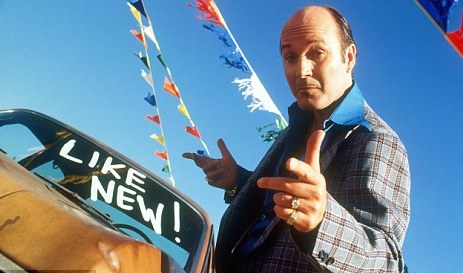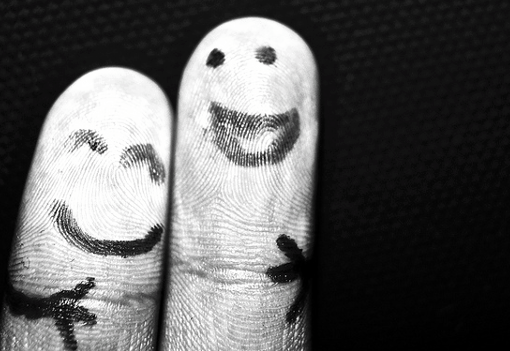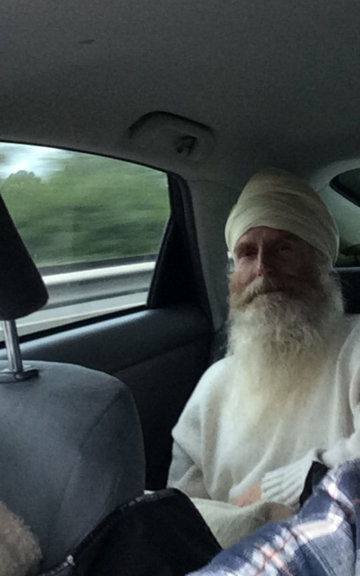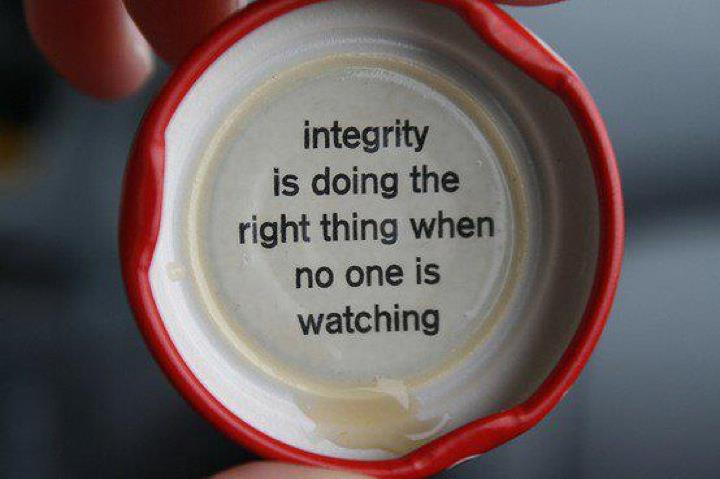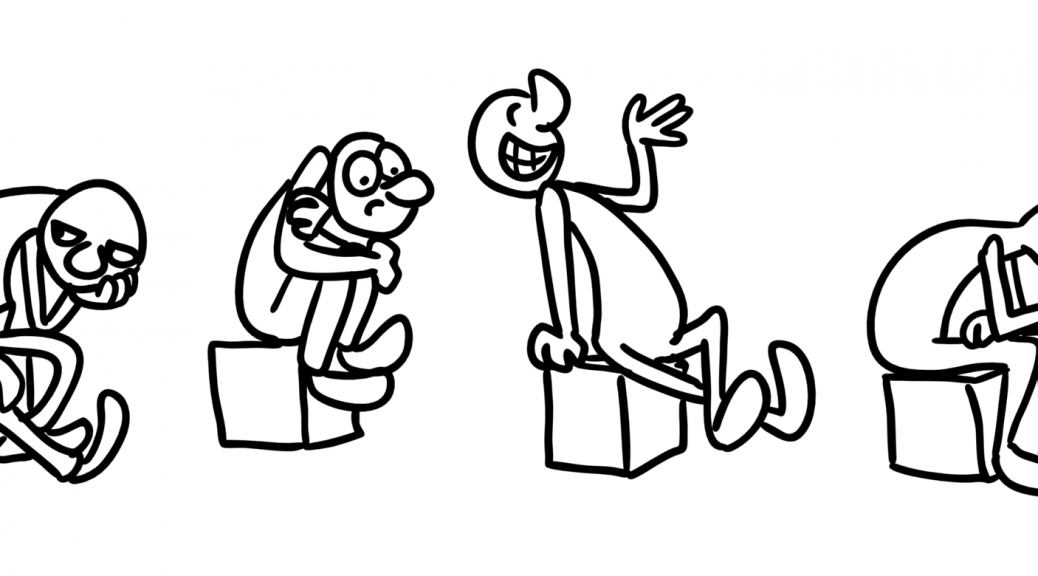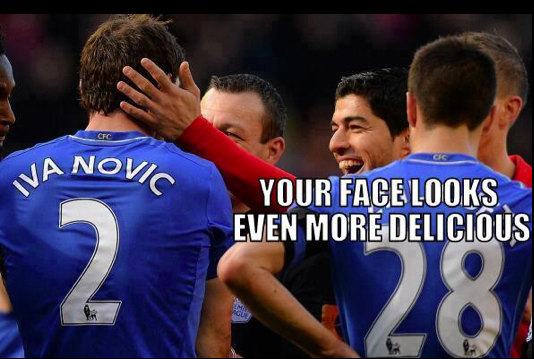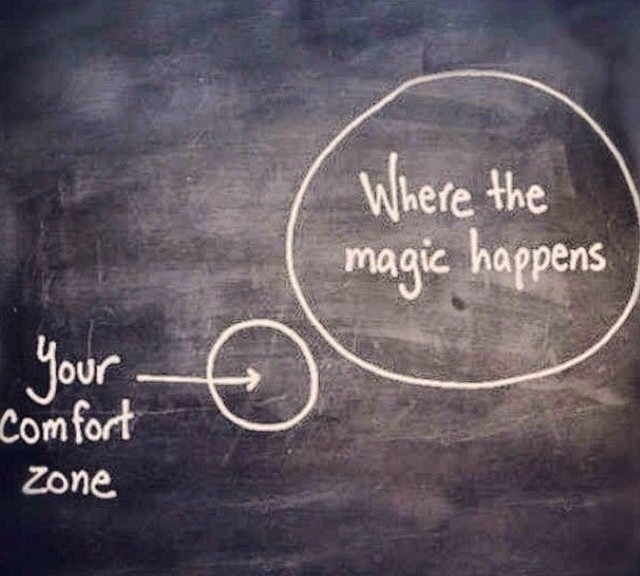Did you ever sit and think, what am I passionate about?
“That’s a tough question” or “I wish I knew” is the normal response when I ask people.
A French girl that I had met through friends once said to me:
“The meaning of life is to find your gift. The purpose of life is to give it away”.
Is it possible that your gift and your passion are the same thing?
I used to play football for many years in a team. No longer an avid football player or spectator, nonetheless I was excited to watch the football World Cup this summer with some friends. Watching Argentina play and Messi with the ball at his feet just left me in awe. The control he has over the ball and the fitness levels and composure that allow him to run through the opposition defence with such speed and fervour made me think how!? I did think whether that could have been me if I kept practicing! I remember my friend Tony turning to me and saying “That’s because he’s gifted mate”. This gave me peace. My mind thought “Oh well, good for him”. I would never have been that good because that is his gift. Wait, what does gifted even mean?
We tend to understand ‘gifted’ as someone being naturally born with a superhuman ability and that there is no way we could do the same.
Scientists will explain this organically and tell you that these athletes have the perfect genes for the sport. The perfect physical build, heart size, lung capacity. Hence, they can perform at optimum levels.
But. You can have great genes and you can decide not to train. You can have a great heart and decide to eat unhealthily. The genes for your lungs may be amazing but you decide to smoke everyday.
In my view, the true gift is not physical but a mental desire to be the best. Not out of ego but because there is genuine enjoyment from pursuing that desire.
Are these athletes then gifted or merely passionate about what they do? Maybe, the mental desire they have i.e. the passion, is the gift?
What if we all have a hidden gift inside us but we have fallen in to the trap of society and doing something completely different? Unlike those that have followed their passion, the rest of us have been a little side tracked. Now, we believe the true passion we have is just a dream. It probably will not make us money. We probably will not even enjoy it if it were a job etc.
What are you passionate about? Have you ever thought what is it that you really truly enjoy doing? Enjoy reading about? Enjoy debating? When someone speaks you want to listen? No? Let me tell you how. It’s not weeks of coaching or mentoring programmes or retreats away. It is quite simple.
What do you enjoy doing? That’s it.
How do I do this? Think about this:
1. Imagine you are 80 years old and you are looking back at your life. What would make you smile? What kind of role were you doing?
2. Do you have a hobby? Can you turn it in to a commercial business?
3. I have a hobby, but it won’t make me money e.g. I like fashionable clothes but I can’t start my own fashion company (well you can!). But I know you feel this isn’t realistic. Don’t dream about it. If you work in Finance for example, work in Finance in a fashion company. Try and work in the area you are passionate about at least.
4. Tell people about your passion. Hence why no. 3 is important. You never know where a conversation will go when you are around the people who have a similar passion to you. I was offered a job once by attending a life coaching course and happened to sit next to a Director of brand consultancy. I’d still be in Finance but I made my passion for people clear and an opportunity came up that required my Finance skills and to work and focus more on people.
5. I’m not happy with my current role but I’m not sure about pursuing my passion. What if it turns out not to be my passion? Ooooh no – you can’t fail as a human! That will be horrendous! I say try it! If you don’t like it, move on to the next role that interests you. This isn’t being indecisive. This is knowing what you want, because you know you don’t want to be where you are now.
6. You’re selfish if you don’t follow your passion. That’s right! When I joined a Professional Services firm there was a guy everyone use to call ‘The Prodigy’. He graduated from Oxford at 17 years old and started his Chartered Accountancy qualifications. Whilst the rest of us would be struggling, he would walk out of the exam hall early. When we finished our exam, we would walk out and find him outside with this camera usually photographing nature. He had a passion for it. We shared this story once at the bar with a Senior Partner after work. What he said, has always stayed with me. The Partner knew this highly intelligent prodigy could do well for the firm and bring in good money but he simply said “What a waste. He clearly has a passion for photography and with his ability he could potentially introduce so much change in the photographic world, maybe research in to nature, perhaps beautiful works of art for all of us to enjoy”. If you really followed your true passion, you may be able to not only enjoy what you are doing but teach the rest of us something new.
Find your passion, realise your gift, then as my French friend said, start giving it away.
If you would like to share what your passion is, I would love to hear it. I would also like to hear what it is that you currently do so we can see how much society has really screwed us 🙂
Share on Facebook
